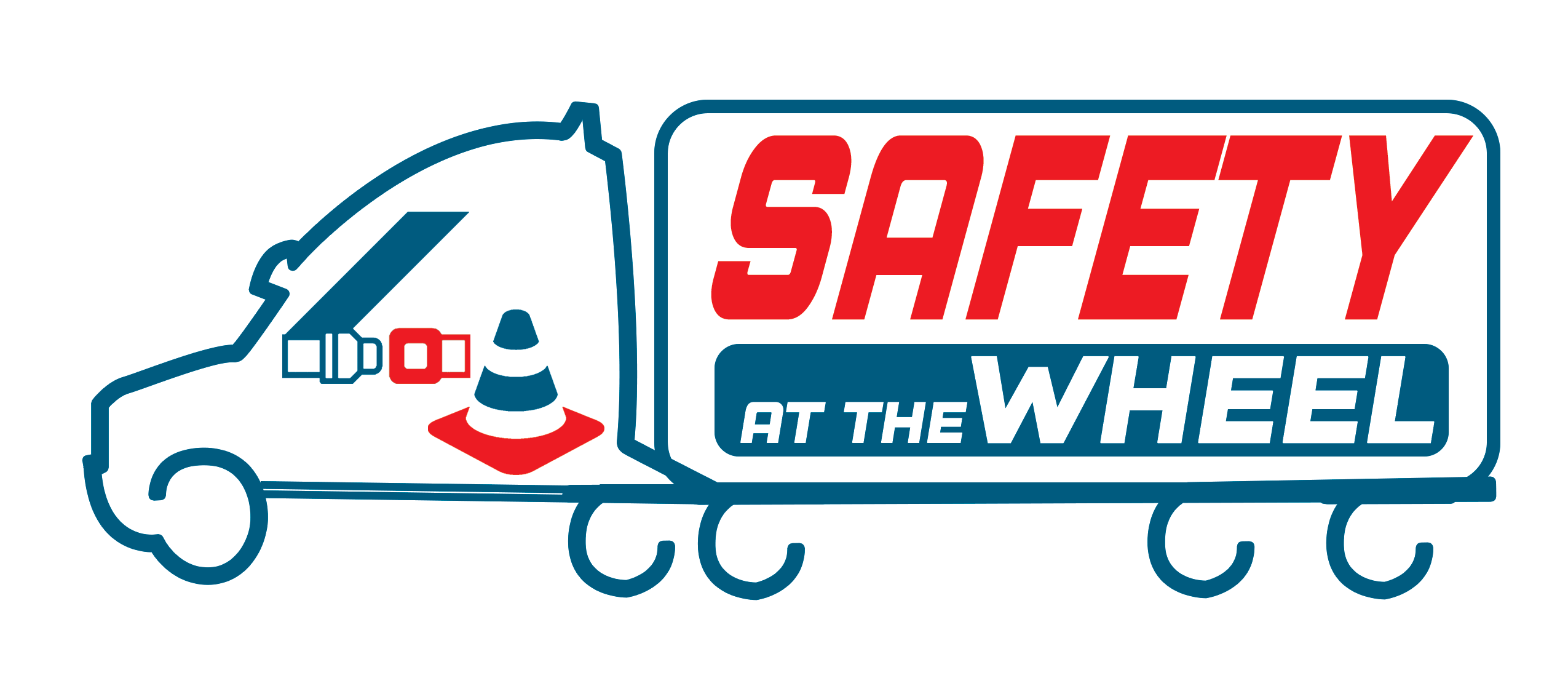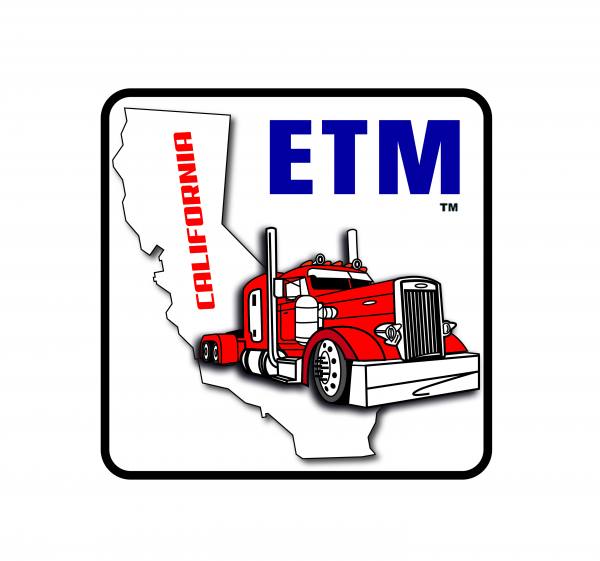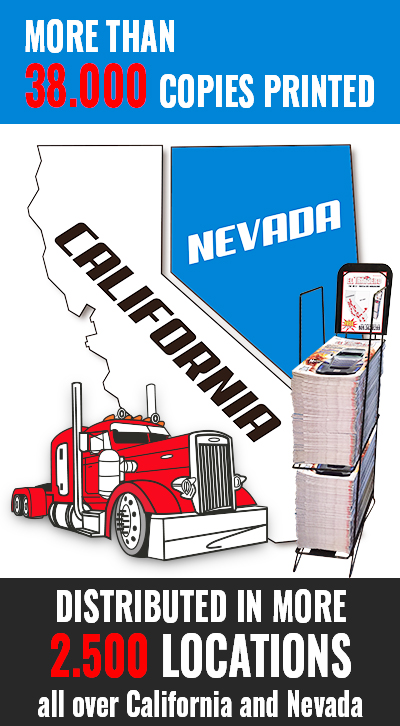 |
|
 |
Get our FREE |


Driving a truck in California isn’t just about getting there fast—it’s about getting there safely and legally. That’s why understanding speed regulations for heavy vehicles isn’t optional; it’s essential for avoiding fines and preventing accidents.
Under California Vehicle Code § 22406, the maximum speed limit for trucks, tractor-trailers with three or more axles, or any vehicle towing another on a state highway is 55 mph (88 km/h).
While cars may legally travel between 65 and 70 mph on many highways, trucks must stay within the strict 55 mph limit.
Exceeding that limit can result in fines ranging from $285 to over $500, along with DMV points on your driving record. Accumulating too many points could lead to license suspension.
Additionally, according to CVC § 21655, trucks subject to the 55 mph limit must use designated slow vehicle lanes. If no such lane is marked, trucks must remain in the right-hand lane—or the lane immediately to the left when passing.
Why the lower speed limits? Trucks have longer braking distances, less maneuverability, and higher rollover risk. At high speeds, crashes involving trucks tend to be far more severe.
California is also pushing for new safety technologies. Senate Bill 961 proposed requiring speed-assistance systems in new vehicles to alert drivers when they exceed the speed limit by 10 mph. Although the governor vetoed part of the proposal, it signals the direction the state is heading when it comes to road safety.
Maintaining legal speed also helps prevent crashes caused by driver fatigue, distraction, or poor weather, and it reduces both mechanical wear and fuel consumption.
Safety Tips for Truck Drivers in California:
• Never exceed 55 mph, even if the posted speed is higher for passenger vehicles.
• Use mirrors and alert systems proactively to anticipate traffic maneuvers.
• Know which lanes are designated for trucks on your regular routes.
• Don’t speed to meet delivery deadlines—the legal and safety risks are too high.
• Stay informed about new legislation, like potential speed alert mandates.
Bottom line: Respecting speed limits isn’t just about avoiding tickets—it’s a safety habit that protects your license, your rig, and most importantly, your life and the lives of everyone else on the road.
For years, federal Hours of Service (HOS) regulations have been viewed as a key tool for reducing commercial truck crash...
read more...Although low libido is often associated with age or medical issues, it is increasingly affecting young truck drivers&mda...
read more...The political conflict between U.S. Transportation Secretary Sean Duffy and California Governor Gavin Newsom escalated o...
read more...California’s push for its controversial “clean truck” regulations has just taken a devastating blow. A...
read more...

